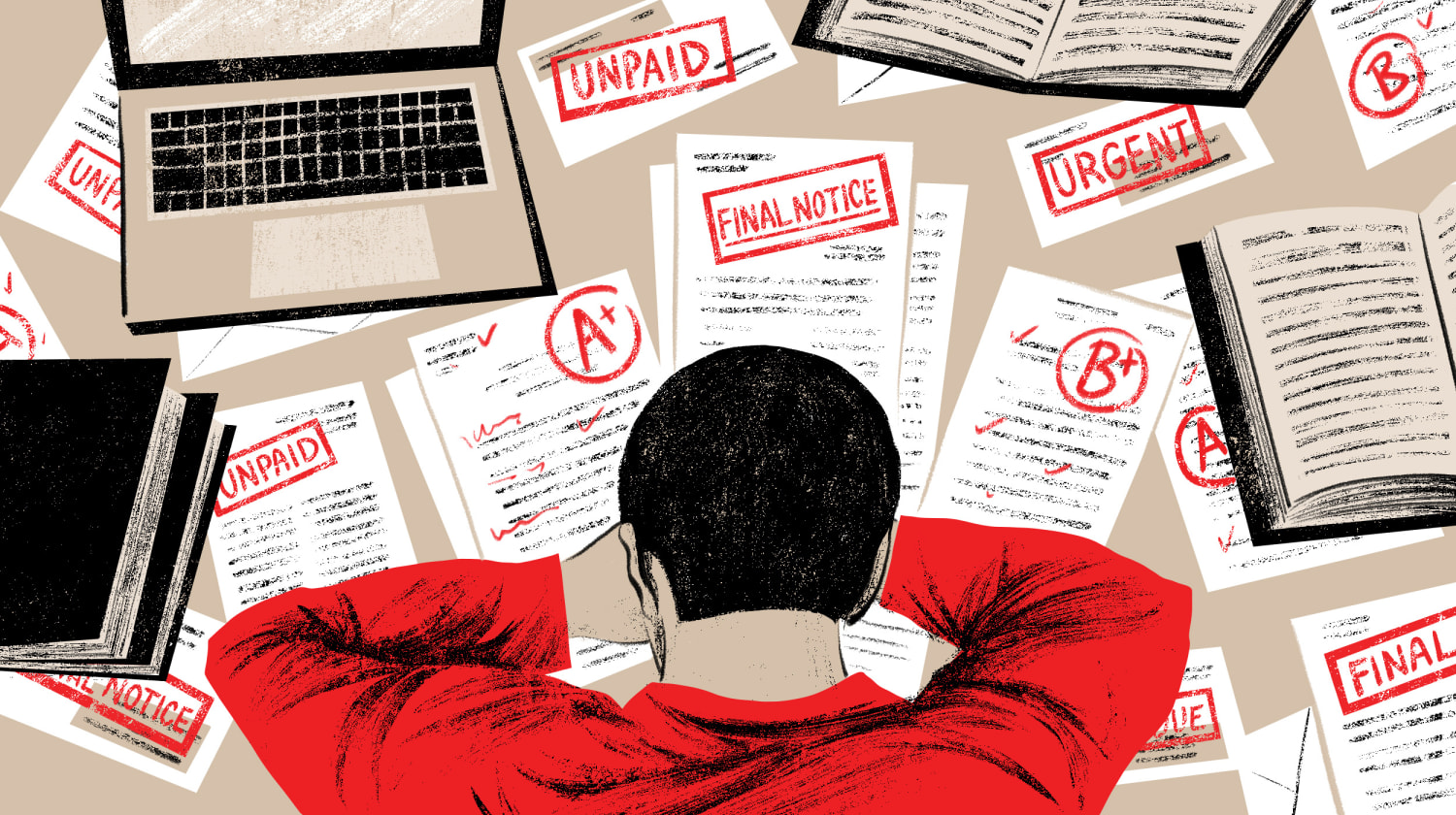Having debt in collections can be a stressful and overwhelming experience. You may feel like you are drowning in debt and don’t know how to get out of it. It can also have negative effects on your credit score and financial future. However, there is still hope! With the right strategies and determination, you can pay off debt in collections and regain control of your finances. In this guide, we will discuss everything you need to know about paying off debt in collections and give you practical tips to help you achieve your goal.
I. Understanding Debt Collection and How it Affects You

What is debt collection?
Debt collection is a process where a creditor or a third-party agency attempts to recoup the unpaid balance on a delinquent account. When a debt is considered in collections, it means that the original lender has given up on trying to collect the debt and has sold it to a collection agency. This can happen when you fall behind on your payments for credit cards, medical bills, or any other type of loan.
Effects of debt collection
Having debt in collections can have severe consequences on your finances and credit score. Not only will you have to deal with constant calls and letters from collection agencies, but it can also lead to a significant drop in your credit score. This makes it challenging to obtain loans or credit cards in the future, and if you do, you may end up with high-interest rates. Debt in collections also stays on your credit report for seven years, making it difficult to improve your credit score during that time.
Steps to take before paying off debt in collections
Before you start paying off your debt in collections, there are a few steps you should take to ensure that you are dealing with the right collection agency and owe the correct amount. First, request a validation letter from the collection agency, which outlines the details of your debt, including the original creditor, the amount owed, and the collection agency’s contact information. It would be best if you also checked your credit report to ensure that the information provided by the collection agency is accurate. Lastly, make sure to keep track of all communications and payments with the collection agency for future reference.
II. Strategies to Pay Off Debt in Collections

Negotiating with the Collection Agency
One of the first steps you can take to pay off debt in collections is to negotiate with the collection agency. The collection agency may be willing to settle the debt for a lower amount than what you owe or offer you a payment plan to make it more manageable. However, keep in mind that the collection agency is not legally obligated to accept your terms, but it never hurts to try. Make sure to get any agreements in writing and keep copies of all correspondence.
Paying the Debt in Full
If you have the means to do so, another option is to pay the debt in full. This will put an end to the collection calls and letters and reduce the damage to your credit score. Before making any payment, make sure to negotiate with the collection agency to remove the debt from your credit report once it is paid in full. This can help improve your credit score in the long run.
Debt Consolidation
Debt consolidation involves taking out a loan to pay off multiple debts such as credit cards, medical bills, or personal loans. This allows you to combine all your debts into one monthly payment, usually with a lower interest rate, making it easier to manage. There are various options for debt consolidation, such as personal loans, home equity loans, or balance transfer credit cards. However, before choosing this option, make sure you can afford the monthly payments and compare interest rates and fees from different lenders.
III. Tips for Paying Off Debt in Collections
Create a Budget
Creating a budget is crucial when you are trying to pay off debt in collections. It will help you track your expenses, identify areas where you can cut back, and allocate funds towards paying off your debt. Make sure to prioritize your debt payments and include them in your monthly budget to ensure that you are making progress towards paying off your debt. There are various budgeting tools and apps available to help you get started.
Increase Your Income
Paying off debt in collections can be challenging, especially if you don’t have much disposable income. Consider taking on a side hustle or freelance work to increase your income. You can also ask for a raise at your current job or explore other employment opportunities that offer higher pay. The extra income can go towards paying off your debt faster.
Avoid Taking on More Debt
It may be tempting to take out a loan or use credit cards to pay off your debt in collections, but this will only add to your financial burden. Instead, focus on finding ways to pay off your existing debts without adding more to it. This may mean making sacrifices and cutting back on unnecessary expenses, but it will be worth it in the long run.
IV. Frequently Asked Questions about Paying Off Debt in Collections
What is the fastest way to pay off debt in collections?
The quickest way to pay off debt in collections is to negotiate with the collection agency and pay the debt in full if possible. Debt consolidation can also help speed up the process by combining multiple debts into one monthly payment with a lower interest rate.
Can I get sued for not paying my debt in collections?
Yes, the original lender or collection agency can take legal action against you for not paying your debt in collections. If this happens, it is crucial to seek legal advice and respond to the lawsuit.
Will paying off debt in collections improve my credit score?
Yes, paying off debt in collections can have a positive impact on your credit score. However, keep in mind that it will take some time for the debt to be removed from your credit report and for your credit score to reflect the changes.
Conclusion
Debt in collections can be a daunting and stressful situation, but it is not impossible to overcome. By understanding the debt collection process, exploring different strategies, and implementing practical tips, you can pay off your debt in collections and regain control of your finances. Remember to stay determined and consistent, and with time, you will get back on track towards financial stability.